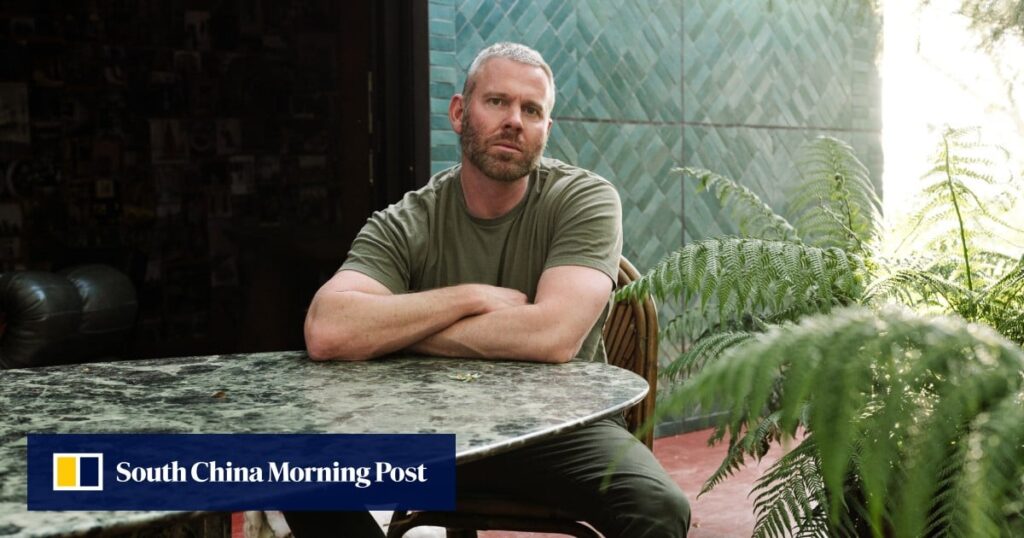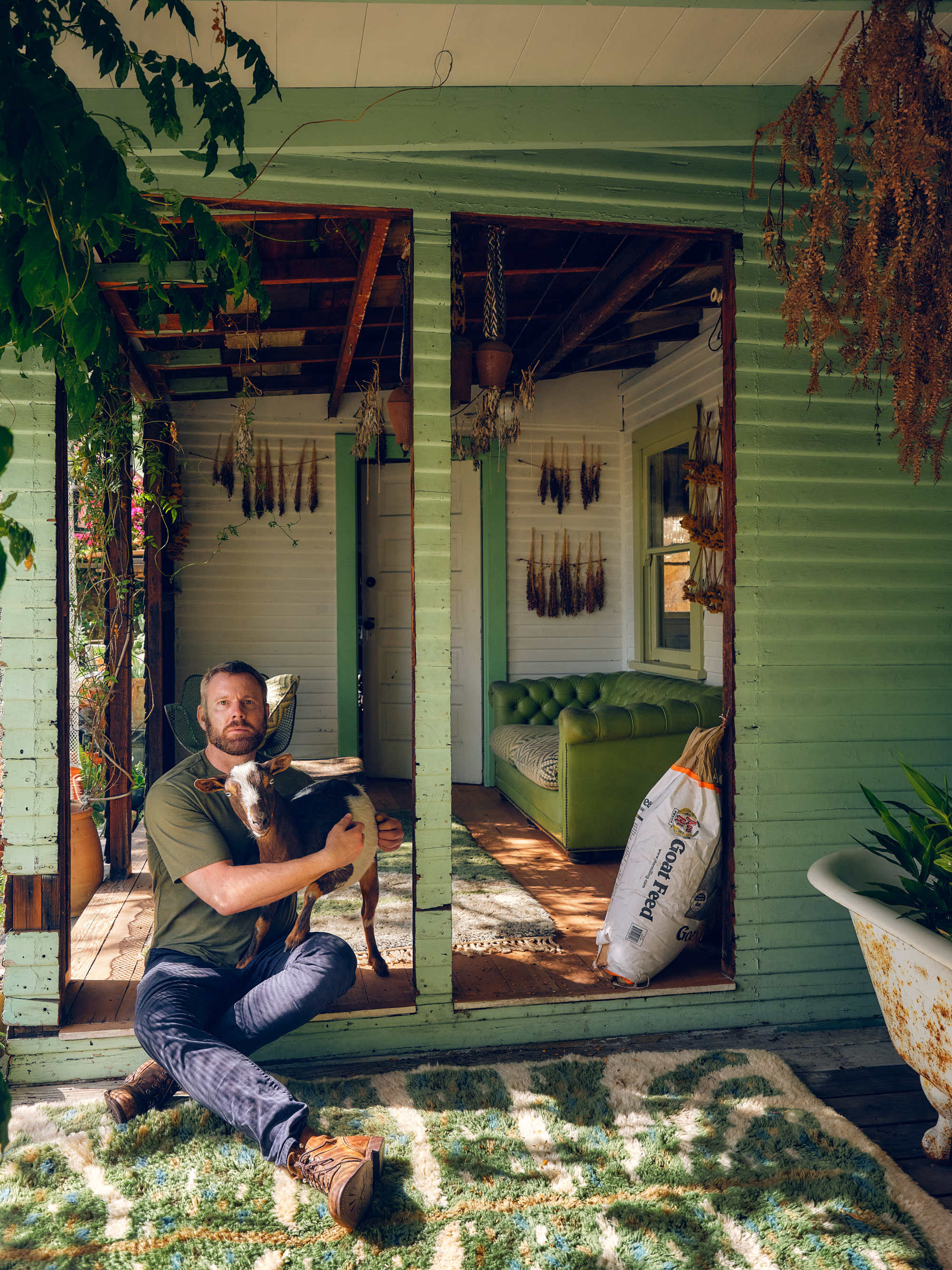
“It's about putting culture into horticulture,” explains Flamingo Estate's charming founder, Richard Christiansen, who was busy putting his goats to bed when I called for an interview.
As he sits under his favorite wisteria tree in the backyard of his home in the Highland Park neighborhood of Los Angeles, a 7-acre estate featuring enchanting gardens and a chic pink Spanish-style house, he knew the moment he saw it that it would play a major role in his life.
“I was doing a photo shoot in Los Angeles and met an old man who had lived in this house for 65 years. He was 85 years old and wore a silk robe as he showed me around the gardens. The house had been used for filming porn films and, despite being in the middle of the suburbs, it was in total disrepair. The world had forgotten about it and was desperate for someone to restore it. I made the house my screensaver and decided to live there,” he recalls.
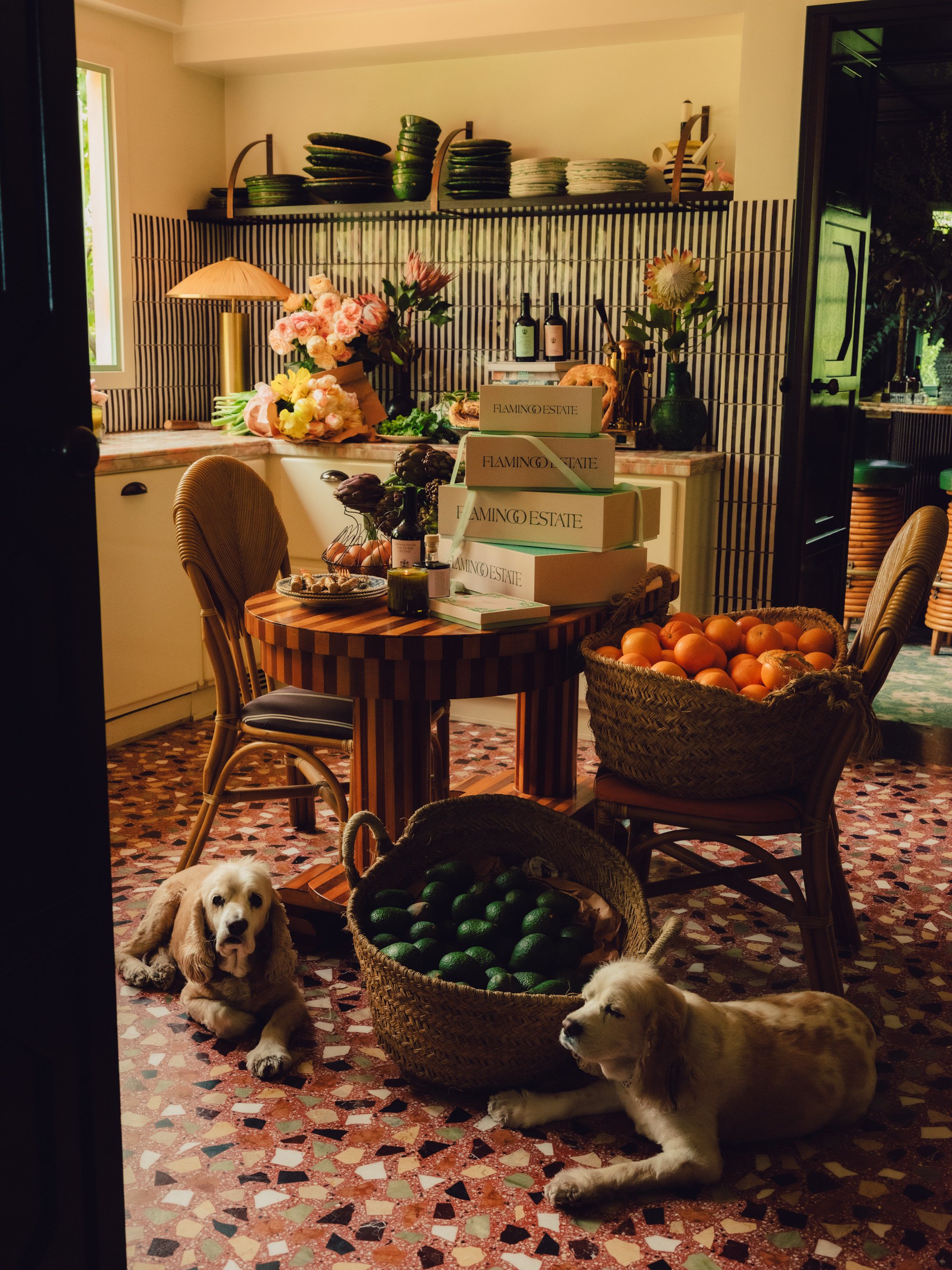
At the time, Christiansen was at the height of his career: the son of farmers, he had left his native Australia at 16 to study law in London before embarking on the creative world. By 28, he had founded his own successful advertising agency, with offices in cities around the world, including New York and Hong Kong.
He was nearing his 40s when he finally bought a house and began an ambitious renovation project that would cause him to rethink his life and priorities.
“My business was booming, but important hidden indicators like nutrition, health and personal joy were lacking. I was sleepwalking – just wondering how to get out of this, what to do,” he says.
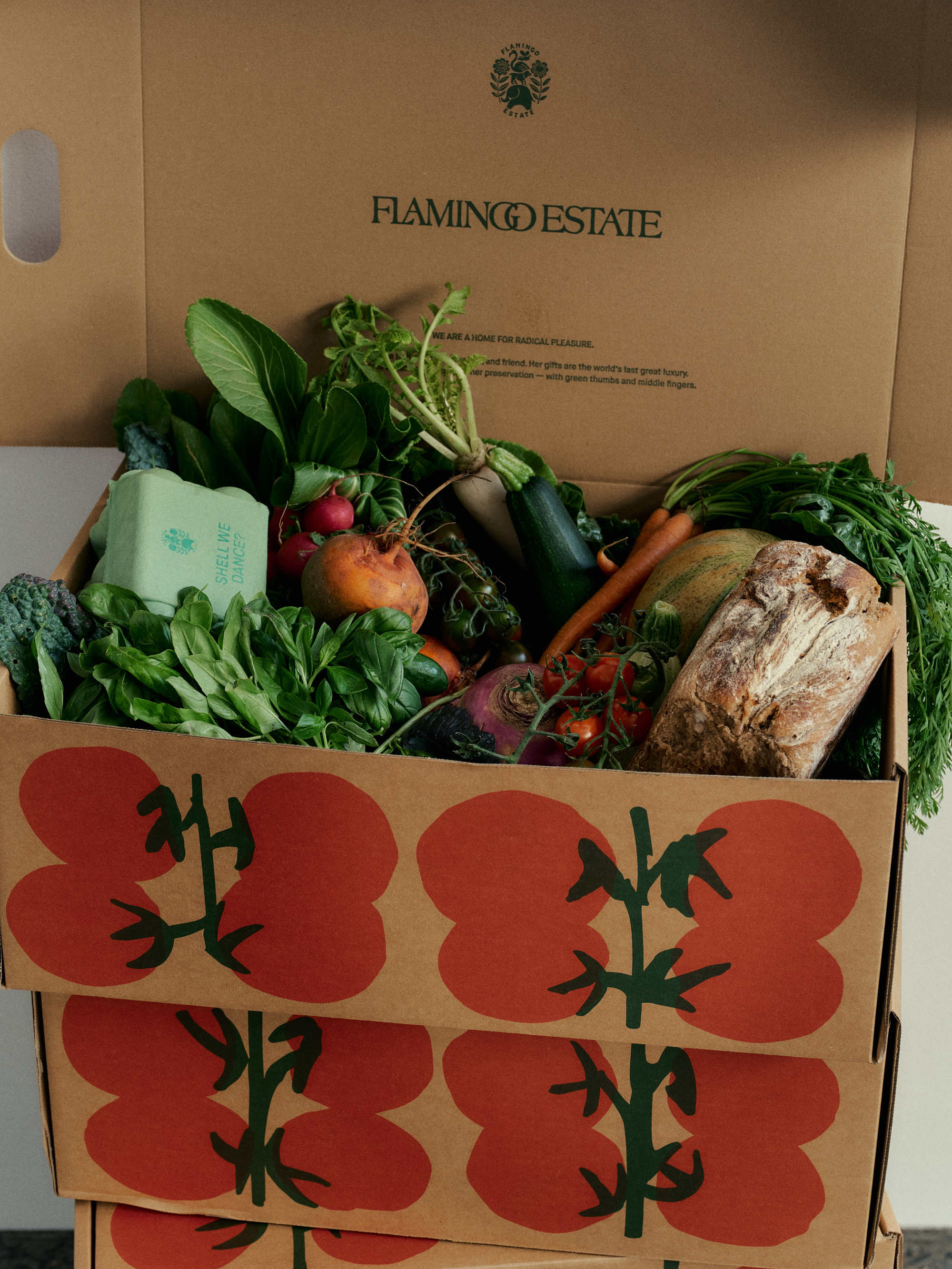
“The funny thing is, I was walking down Hollywood Road. [in Hong Kong] When I was discussing with a friend the idea of creating a brand that connected with nature, I didn’t know where to start, but I screamed in my head. Julie & Julia Story: As I brought my home and garden back to life, I brought myself back to life too.”
His business opportunity came when he met a local farmer who was struggling to sell her produce during the pandemic lockdown, and he decided to help her by selling veggie boxes from his bookstore.
Every week they hawked more and more products to hungry customers, including Christiansen's network of creatives and fashion-seekers, who continued to spread the word by word of mouth. Soon, the region's best farmers were showing up to his house bearing ingredients ranging from olives to sage to lavender.
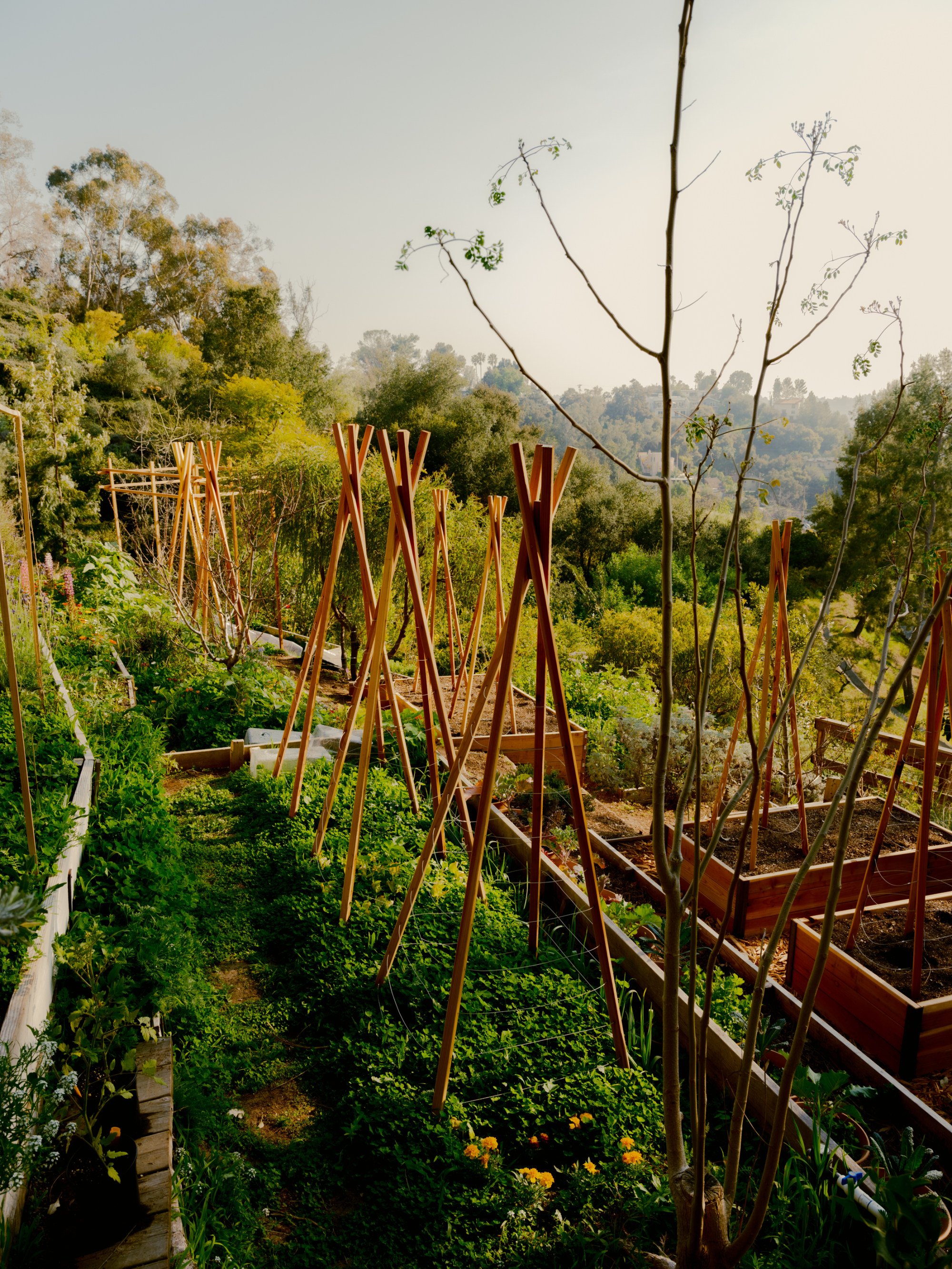
“This amazing farmer brought me the best olives in the United States, and I already had olive oil, so I made soap instead, and that's how I accidentally got into the beauty business,” says Christiansen, who named her brand after her beloved hometown.
“One farmer introduced us to another and our network grew and grew. Now we have suppliers all over the world – New Zealand, Australia, Europe, Mexico and even Japan and India. Once we reached critical mass, sourcing from local farmers was no longer enough.”
What started as a produce box has grown into a self-care brand that promotes plant-based wellness. Today, Flamingo Estate partners with more than 125 farms and boasts about 150 products, including bath and body care products, flowers, oils, honey, candles, bread, hand sanitizer, and even rosé wine (Christiansen says she doesn't drink any other wine).
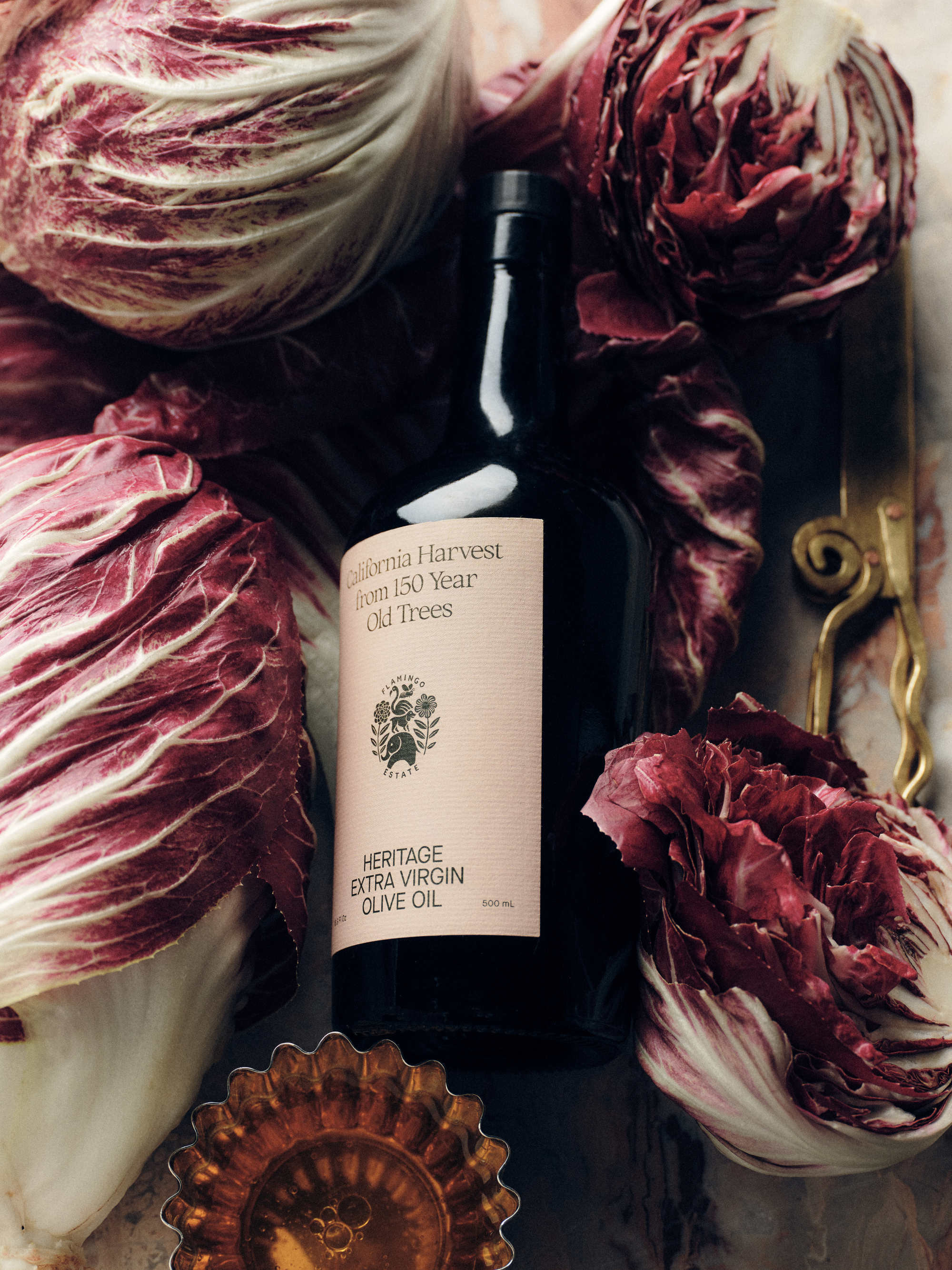
His innovative collaborations and clever marketing strategies (he invites celebrities and chefs into his home to sample recipes using his products, all photographed in his Studio KO-designed home) have also contributed to the brand's meteoric success: the company now has annual sales of about $20 million.
“Sometimes people get confused and ask if we're a food brand or a health brand. I see us as a sourcing brand, or an ingredients brand. To me, Mother Nature is the last great luxury brand,” he says.
“Dont come [to us] If you want something modern or innovative, we’re doing the oldest thing in the world that everyone has forgotten. We’re expanding scarcity.”
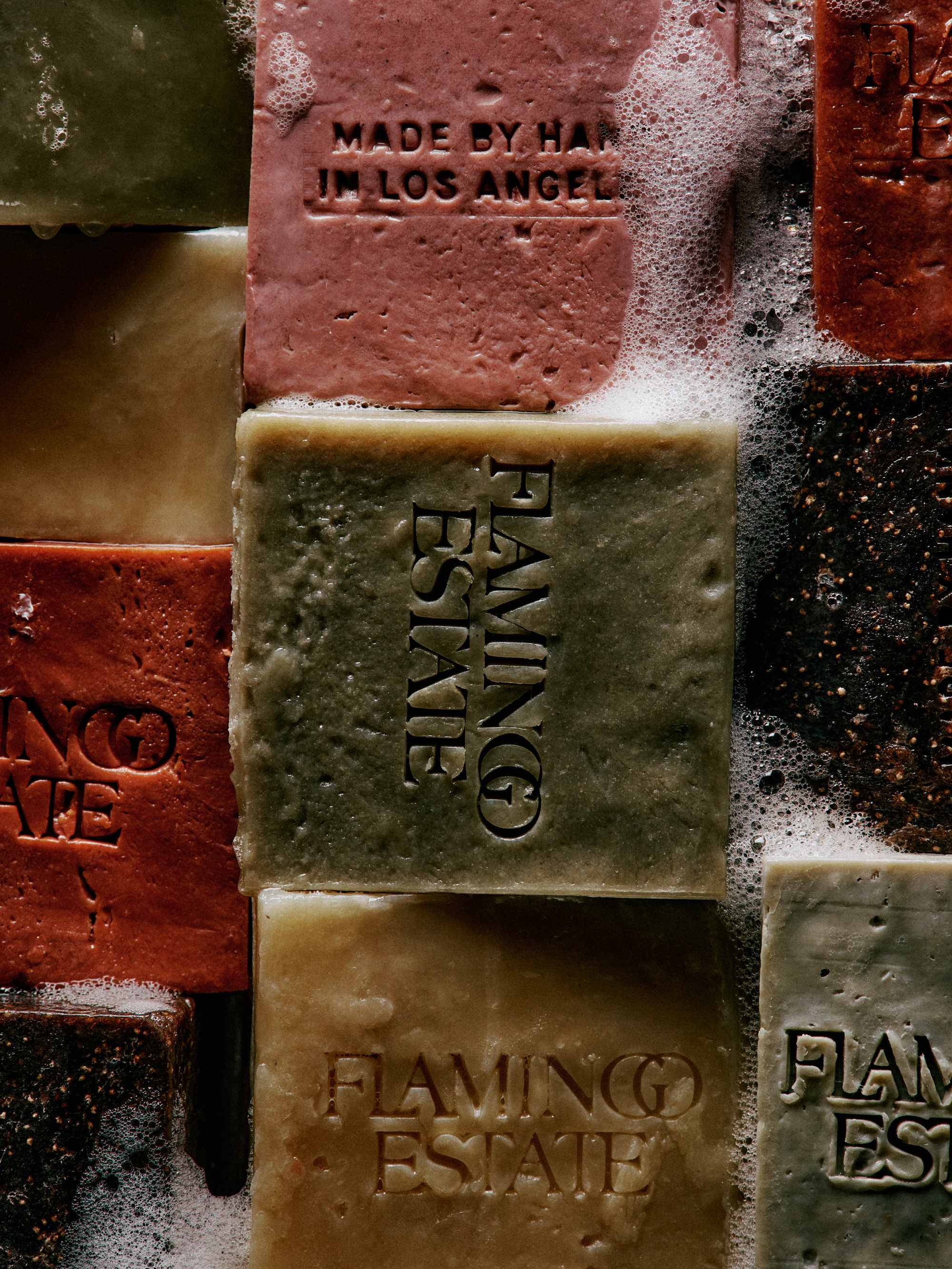
Christiansen has a lot planned for the coming year: in addition to launching a beauty line, she's also collaborating with Italian designer Gaetano Pesce and is venturing into supplying the hospitality industry with a project with Rosewood Hotels in Mexico, which will see the brand offer a bespoke product line made from locally sourced ingredients.
He's also set to publish his first book, which he describes as part manifesto, part biography: each chapter is dedicated to a different plant, including his beloved wisteria, followed by an interview with someone he believes embodies the characteristics of that plant.
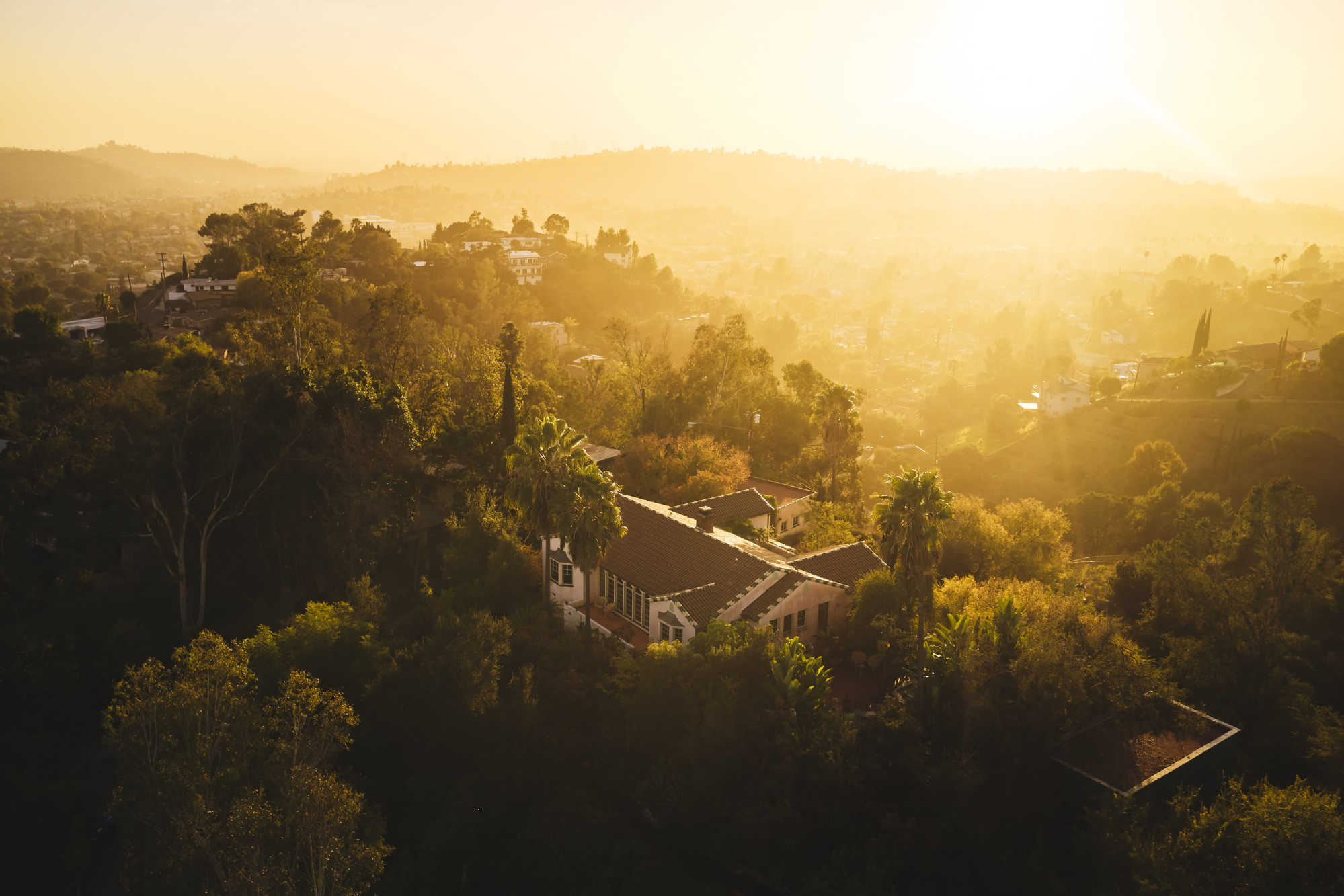
“It's a combination of people I admire: Jane Fonda, Jane Goodall, Martha Stewart, environmental activists in Hawaii, farmers I worked with in Mexico. Some are very famous, some are very wealthy, some are very frugal, but it's amazing how similar their needs and wants are. That's true for all of us,” he says.
“As we get deeper into AI and get drunk on efficiency, I truly believe that what will save us all is a return to nature. What the world needs right now is more farmers and gardeners.”
“Living a good life starts with good food, good friends, and the enjoyment of nature. It's not hard.”

